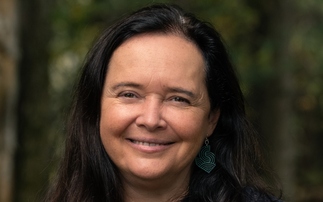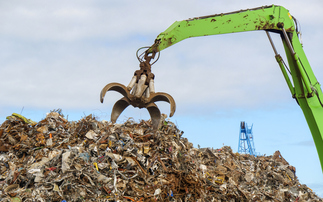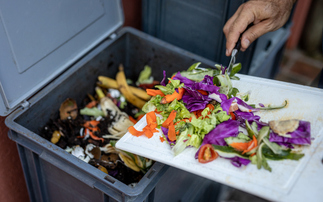New ESAP initiative to kick off with in-depth exploration of the complex waste challenges faced by the electronics industry
In the 15 years since I bought my first mobile phone, I have only upgraded three times. There was the blue brick type thing I bought in my last year at University, which was traded in for a flip screen mobile, back when such designs were vaguely fashionable. That eventually broke sometime around 2005 and was replaced with a silver Nokia whose brand name escaped me, but which lasted for a good few years until the charging socket gave out. That takes me up to today and a Nokia smart phone which does everything I require of a phone, while inviting near constant bemusement and thinly veiled criticism from iPhone owners.
This history of phone ownership makes me extremely unusual, according to figures quoted by Kyle Wiens of iFixit at waste advisory body WRAP's Resources Limited conference yesterday. The co-founder of the online repair manual revealed 26 per cent of smart phones break within 24 month, while one in 10 people have an accident with their phone in the first 12 months of ownership. And yet sticking with the same phone for as long as possible brings with it significant environmental benefits. According to WRAP's chief executive Liz Goodwin, you would have to use a mobile phone for 30 years to match the energy use required to extract the raw materials and manufacture the device.
It is this combination of resource intensive manufacturing processes, low levels of durability, and constant cultural and marketing pressure on people to upgrade devices, as well as global supply chains, and poor recycling and re-use infrastructure that makes eWaste one of the most intractable challenges faced by those businesses and NGOs committed to building a more circular economy.
As Goodwin explained yesterday, the UK electronics industry faces a £400m annual bill from householder product returns, loses 500kg of gold each year through inadequate recycling processes, and is failing to exploit a £3bn opportunity that could be realised through greater re-use of products that are typically bought, used for a couple of years, and then discarded.
These are the challenges WRAP is attempting to address with the launch of a new initiative, dubbed the Electrical and Electronic Sustainability Action Plan or ESAP, which aims to emulate the success enjoyed by the advisory body's Courtauld Commitment on retail and food waste and its Sustainable Clothing Action Plan. The initiative was officially kicked off yesterday, with 50 businesses and organisations, including Beko, B&Q, Dell, Microsoft, Next, Sainsbury's, Samsung, Sky, and Veolia, signing up to the group.
The group has agreed to begin work on five "themes" with a view to eventually signing up to a voluntary agreement centred on "testing" waste reduction and reuse targets. The five themes cover extending product durability, minimising product returns, better understanding and influencing consumer behaviour to encourage product durability and reparability, implementing profitable, resilient, and resource efficient business models, and gaining greater value from re-use and recycling.
However, Goodwin is under no illusions as to the complexities and challenges that will emerge as the group attempts to make progress on each of these fronts. Firstly, it is often difficult to work out which business models offer the greatest environmental gains. For example, recent research has suggested that as digital files get larger the argument that downloads have a lower environmental footprint than CDs is no longer as convincing. However, then again the shift by some companies towards data centres that are powered using renewable energy could serve to lower the footprint of downloads once again.
Then there is the challenge of convincing some of the electronics and appliances companies that have pioneered the concept of throw away consumerism to embrace re-use and durability that could threaten their existing revenue streams. "This is going to be a lot more difficult than working on food waste, where everyone agrees food waste is a bad thing," Goodwin admits, acknowledging that while the new group is committed to making progress there are some corporate "dinosaurs" in the electronics industry that are entirely wedded to resource inefficient, single use, frequent upgrade business models. "This group is about bringing together those businesses who want to make some of these changes happen and they can then drive the consumer demand [for better products] that will force the others to follow."









